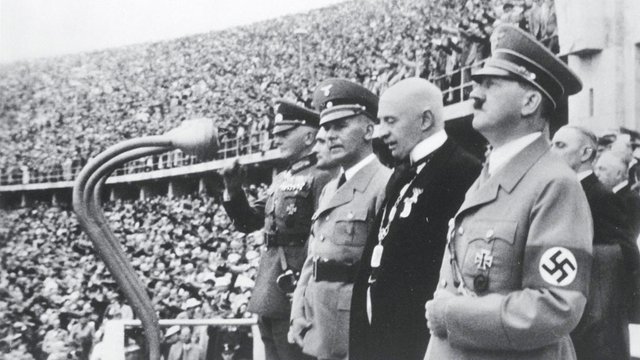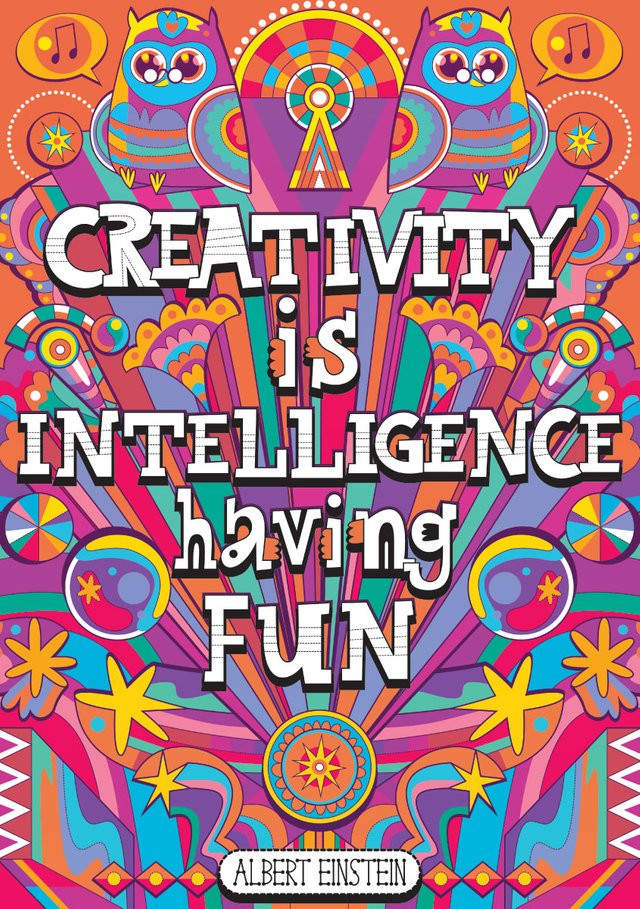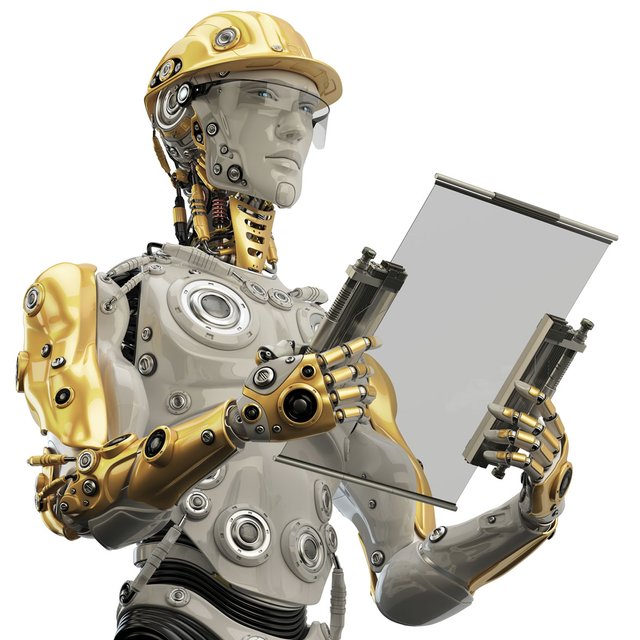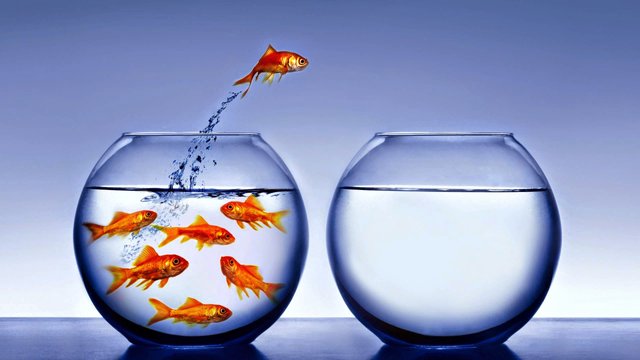The Last Revolution (Part 23) – The development of man’s creative being

According to official Christian dogma, labor is a “curse”, and the worker is, accordingly, a cursed man. On the other hand, according to the Christian “doctrine of creation”, labor, as a creative activity, represents the very origin of the cosmic mystery from which life on the Earth derives. Through creative work, the life-creating potential of the cosmos has turned into man’s life-creative power.
Ljubodrag Simonovic: The Last Revolution
Contents
- Life-creating mind against destructive mindlessness
- The nature of Marx’s critique of capitalism
- Marx’s conception of nature
- Capitalist exploitation of soil
- “Humanism-Naturalism”
- Marx and capitalist globalism
- The cosmic dimension of man
- “Alienation” and destruction
- Destruction of the body
- Homosexuality
- Capitalist nihilism
- Productive forces
- Dialectics and history
- The integration of people into capitalism
- Technique as myth: Zeitgeist fascism (Part 15a) •|• Technique as myth: Zeitgeist fascism (Part 15b)
- Contemporary bourgeois thought
- Politics as a fraud
- Contemporary critique of capitalism
- Bourgeoisie and proletariat
- October revolution
- Contemporary socialist revolution
- Revolutionary violence
- Vision of a future
- Notes
The Last Revolution -- Chapter Twenty Three
Vision of a future – The development of man’s creative being
(Translated from Serbian by Vesna Todorović/Petrović)
- Direct democracy;
- Production for meeting genuine human needs;
- A radical reduction in labor time;
- The development of man’s creative being;
- The development of interpersonal relations;
- The establishment of a humanized relation to nature.
Creativity is the basis and the result of the historical development of society. It is the expression of human authenticity. Creativity is the common denominator of man’s general life-creating activism. Creative efforts are the most authentic form of realization of his life-creating energy. Unless it is realized in a humane way, man’s creative power can become a fatal anti-humane and anti-life force. In that context, the expression “evil genius” represents the glorification of creativity as a destructive power, which for a capitalistically degenerated man is the highest challenge to his life and values. By becoming a totalitarian destructive order and by depriving man of the possibility of realizing his creative potentials in everyday life and in a humane way, capitalism produced the most atrocious crimes. Capitalism deprives man’s creative power of its human dimension by giving it a technical character. Capitalism destroys the existing world through the creation of a technical world. Destruction through creation – this is the basis of the dialectics of capitalist progress.
The emergence of Nazi Germany is a historical example of how man, through his creative powers, can be integrated into an order that can turn those powers into a totalitarian criminal practice. One of the most important reasons why the Nazi regime had, up until its downfall, the support of the vast majority of Germans, is that the Nazis managed, through labor and other “constructive” activities, to “mobilize the masses” and thus make them identify with the ruling order. “The Father” of the modern Olympic Games, Pierre de Coubertin, in praise of Hitler, pointed out that the greatest success of the Berlin Olympic Games (of 1936) is that the Nazis “managed to mobilize the entire German nation to participate in the preparations for the Berlin Olympic Games”. From there, Coubertin proclaimed Hitler “one of the greatest builders of modern time”. By engaging citizens in the “building” campaign, the Nazis managed to make the Germans perceive Fascist Germany as their own creation [More on his relation to Hitler in “Olympism and Fascism” and the movie “Olympic Flame”]. What the Nazis managed to do with their “building” euphoria, contemporary capitalism has done with its “consumer” euphoria: it has integrated workers into its value and existential sphere and made them accomplices in global destruction.

As for Christianity, according to official Christian dogma, labor is a “curse”, and the worker is, accordingly, a cursed man. On the other hand, according to the Christian “doctrine of creation”, labor, as a creative activity, represents the very origin of the cosmic mystery from which life on the Earth derives. Through creative work, the life-creating potential of the cosmos has turned into man’s life-creative power. Creative work has brought about the emergence of the world, whereas the shaping of matter and its being brought to life through reason has enabled man to become man. “God” was originally humanized as the being that created the world through labor. “God” did not create the world by waving a magic wand or pronouncing magic words, but rather “He labored for six days” so hard that on the seventh day “He had to rest”. “God” is a laboring-creator and, consequently, all creation is a divine activity. It is the umbilical cord that links man to “Тhe Creator”. “The divine within man” is his ability to create the world through his creative activity and in his (“divine”) image. In his endeavors to create a new world, man should take “God” as his model. By becoming a totalitarian order of destruction, capitalism has given faith in “God“ an existential dimension. Those who believe in “God” should insist that all living beings on Earth are “God’s creatures” and should fight to protect them, as such, from capitalist calamity. The idea of “the second coming of Jesus Christ” implies the struggle for survival of living beings. Where will Christ “return” if capitalism destroys life on the planet? Who will be there to greet him? The skeletons of the children scattered by desert storms and the frozen corpses of capitalist monsters?


Humanness is the genuine basis for the development of man’s creative being. Children should be encouraged with love, from their earliest years, to develop their creative being. Creativity is the basis of true sociability. An upbringing suffused with creativity is an upbringing for a creative society. Without humanness, creativity becomes a technical capability and, as such, a potential source of atrocious crimes. It is no accident that the most important creative power of capitalism is not poets, but the technological intelligentsia. It is about specialty-idiots deprived of a historical self-consciousness and a humanist vision of the future. The true result of creativity is not the creation of objects, but the development of humanness, which involves the development of the creator’s individuality and the begetting of a society as a brotherly community of free people. The principle of the aura has become the principle of the beacon: the emanation of humanness appears as a light indicating the true nature of the existing world – it awakens humanness and illuminates the road to the future.

Man cannot revitalize his genuine human needs from an abstract anthropological model of man as a universal creative being of freedom and the visionary consciousness derived from it. As a concrete human being, he can realize his genuine human needs only in relation to the lethal consequences of capitalist “progress”. More precisely, man can develop his genuine human needs and faculties only when he confronts the immediate existential threat posed by capitalism and when he restores that natural being crippled by capitalism. Man cannot become an authentic creator as long as he faces the (ever more certain) possibility of global annihilation. Only when he frees himself from the deadly capitalist embrace and heals the consequences of capitalist destruction will man be able to realize his universal creative being and transform life into a work of art.

The Last Revolution (Part 22) << Previous • Part 23 • Next >> 5#6 The development of interpersonal relations
I'm not sure if you're asking a question or making a statement. If you're saying this is a contradiction within Christian teaching, then it's not true. From the very begining, as you said, labor has been a necassary part of creation. Adam and Eve were were given the task of caring for the garden. They were commanded to be fruitful and multiply. Contrary to some beliefs, children were always difficult to care for. It is not a sin for a baby to behave like a baby. The curse part comes in after the fall, when work went from something done with pleasure in perfect cooperation with nature and the divine, to constant exhausting drudgery necassary for mans very survival.
I didn't read all that literature you posted, but if it suggests that the popes, counsils, and bishops as well as all the protestant pastors of the past 2000 years somehow just glossed over glaring contradictions in their basic beliefs, you might want to read actual Christian writing instead of believing what others say about it. Start here. Much of this was written hundreds of years before the new testament was even a thing. http://www.newadvent.org/fathers/
Ok, I just skimmed over some of the liturature you posted there and it seems to be communist propaganda. Communism looks great on paper. Hell, Star Trek is a perfect example of a perfect communist society. Unfortunately, It doesn't take into consideration mans fallen nature. In any system there will be those elite few who figure out how to game the system to their own benefit. Once those people are in power in a communist state, they will assign you with as little as possible while taking for themselves as much as possible. And if you say one word in protest, you find yourself in gulag or just plain disappeared. I'm perfectly fine with western culture, where at the very least I can complain about what's wrong without fear. but now I'm unclear what any of that literature up there has to do with Christian philosophy. Did I just type this all for nothing? At least it helped me flesh out some of my own thoughts! :)
Please be advised I'm posting a whole book of Philosophy PhD Ljubodrag Simonovic. You cannot seriously talk on philosophy by “skimming literature” and considering SSSR model of a “communist state”. It has never been that. Thanks for reading this text.
Right. I didn't feel like reading all that at the moment. If you are going to insult me, at least explain how what I did write was flawed. Also, You probably should think twice about requiring folks on forums to read an essay before replying to your posts. tldr is a thing. I know because I'm guilty of it all the time.
edit. I have read Tortured for Christ by Richard Wormbrand and the Gulag Archepelago from Solzhenitsyn. I have spoken to and worked with people who grew up in communist Russia. I've never heard a possitive thing about communism from anyone who has actually experienced it. Maybe you can enlighten me.
I did not insult you in any way. This post, and the rest of the book, will be read by those who are interested in objective vision of the World. I don't require anything. And you certainly have no obligation to reply with or without reading it.
Look, I didn't realize it was an entire book until I scrolled down. I thought the first few lines where a question or statement pointing out a presumed flaw in the Christian understanding of labor. I'm not used to so much depth on internet forums. Let's start over. I just began reading the book. I already have a couple issues with the first paragraph. I hope you are open to argument and not trying to win a fight. Personally, I'm very cynical, so I enjoy being proven wrong.
Straight up and to the point. Within the first two paragraphs, I can say with certainty that this author has a skewed and personally biased idea about the nature of God. Secondly he argues that "By becoming a totalitarian destructive order and by depriving man of the possibility of realizing his creative potentials in everyday life and in a humane way, capitalism produced the most atrocious crimes." Now, since it is a matter of historicle fact that Stalin and Pol Pot are responsible for more atrotious crimes than all the western leaders and/or religious factions combined, he must mean the most atrotious crimes would be the the deprivation of creativity. If so, I would have to ask where he comes to this conclusion? Western culture and captitalism specifically has produce more invention and technological breakthroughs in the past hundred years than all of human history. It is the promise of profiting from one's labor that adds extra incentive to put your all into it.
If I'm missing something then please explain. Because in two paragraphs he has written many questionable statements in absolute terms. My questions for you personally are 1 who is this author, and where did study to come to these conclusions. And 2 why should I trust what he has to say when he consistently writes subjective ideas in absolute terms? So far this is not philosophy, it's propaganda.
You obviously choose a blue pill. Good luck to you.
I asked you to please explain if I am missing something. Can you explain why I should believe this author over others? You say I'm taking the blue pill. Why? Please explain if your intention is to promote truth. Maybe I'm just not informed enough to understand.